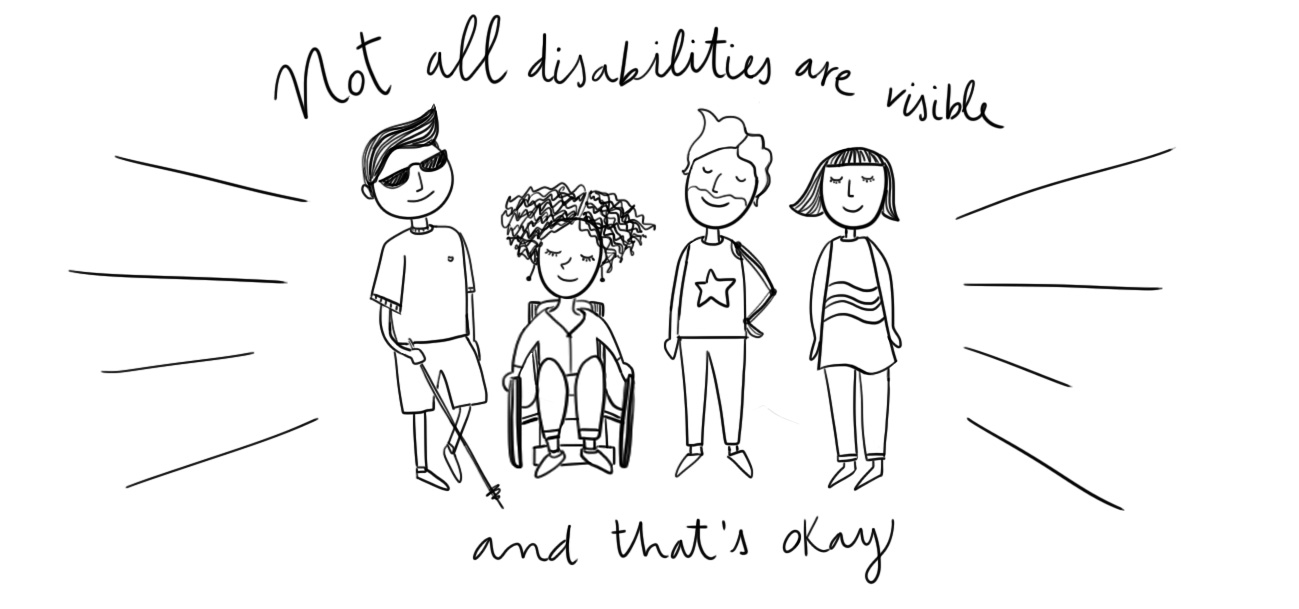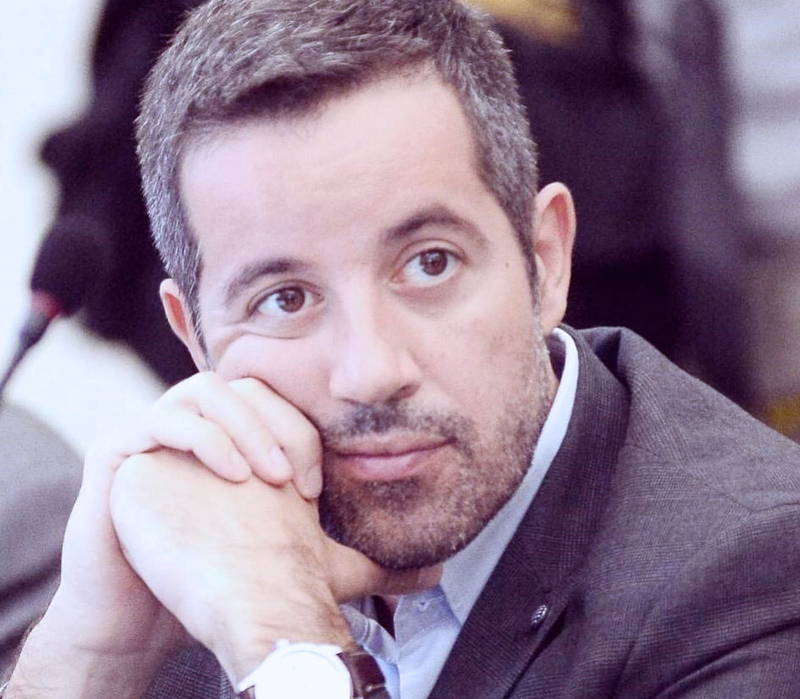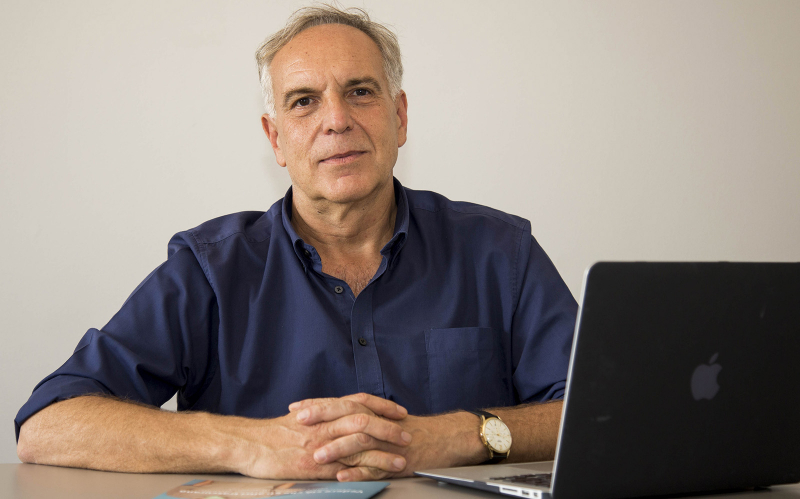Culture
Invisible Disability
On the International Day of People with Disabilities, special guests at Avio Aero cast inclusion in a different light during a dedicated webinar open to all employees.
Dec 2020
December 3rd is an important day in the human rights calendar. Every year on this date we celebrate the international day for people with disabilities. It was established in 1992 by the UN, with the aim of increasing awareness of disability issues and promoting inclusion as not only a declaration of intent.
The theme for 2020 is "Not all disabilities are visible", greatly broadening the concept of disability. It not only covers hidden disabilities - medical pathologies, Asperger's syndrome, autistic spectrum, mental illnesses - but also invites us to reflect on the fact that each of us can have a disability, even if only temporary, a broken leg for example, which can change our everyday lives.
The World Health Organization estimates that more than one billion people, about 15% of the global population, experience some form of disability, and this number is likely to grow with the rise in age and increase in chronic disabling diseases.
Since disability is part of our daily life, all institutional, social and organizational mechanisms must be put in place to reduce inequality in access to rights. Avio Aero, adhering to the objectives of the 2030 agenda for sustainable development and the pledge to "leave no one behind”, wanted to celebrate the event with a moment of collective reflection, bringing international experts and local businesses to the same table.
Nino Atzei, GE Additive Chief Operating Officer and Avio Aero & Additive Enterprise Lean Deployment, as the executive sponsor of Avio Aero's Disability Advocacy Network affinity group, said: “Our company is driven by a “glocal” perspective. Everything we do is ultimately based on the latest international guidance, pursuing the parent company's programs while also closely observing the needs of our communities and of our people.”
Alfredo Marin, Senior Executive of Product Management and co-sponsor of the DAN group, added: "This event was an opportunity to bring to the fore how the awareness-raising actions of international organizations, the interventions of local institutions and the good practices of companies, when synergistic, can create better conditions for people with disability, ensuring they have equal opportunities for personal fulfilment."
"Ensuring accessibility in a holistic and comprehensive manner is not only the right thing to do, but helps any type of organization to fulfill its legal obligations and to be economical, environmentally friendly and avoid harm"
The meeting was opened by Hannes Lagrelius, Program Officer of the Global Program for Inclusive and Accessible Urban Development of the World Blind Union, one of the leading visual disability organizations in the world, who stated "This international day is a great celebration of human diversity for me, but at the same time it reminds us that we have not done enough to address the inequalities and barriers to accessibility that people with disabilities face around the world.”
Lagrelius added: “The World Blind Union believes in the role of organizations and companies as enablers of change and strives to put accessibility at the forefront. This affects the level of inclusion and, in general, how inclusive and accessible a company's products, services and impact are. Ensuring accessibility in a holistic and comprehensive manner is not only the right thing to do, but helps any type of organization to fulfill its legal obligations and to be economical, environmentally friendly and avoid harm, as well as to promote resilience and more inclusive and accessible communities for all."
"Only by joining forces we can go beyond the physical, architectural and, moreover, inner barriers: our task is not to make people with disabilities become ‘normal’, It is to unlock human potential and help everyone to be themselves”
Among the other guests was Marco Lombardo, Councillor of the Municipality of Bologna with delegated powers over European policies and international relations, international cooperation, NGOs, work and production activities. He played a part in putting the council of Bologna forward for the Access City Award2021 promoted by the European Community, which was won this year by Warsaw, Poland.
This effort was based on the principles of shared knowledge, participation, social cohesion and co-design among all the businesses that wanted to make a contribution: because only by joining forces we can “go beyond the physical, architectural and, above all, inner barriers” that hold back the development of collective planning. “Our task is not to make people with disabilities become ‘normal’. It is to unlock human potential and help everyone to be themselves”, explained Mr. Lombardo, at the end of his speech summarizing the commitment of local leaders to achieve true equality and integration.

Carlamaria Tiburtini, I&D Leader and HR partner, said: "Addressing disability with a cross-cutting approach is the priority we have set ourselves in the company. We want to introduce measures based on real needs, starting from the centrality of the person with disabilities within our company, their families and the ecosystem of the communities in which they live and work. This year, in response to strong internal demand, we developed an awareness-raising process entitled "Unlimited Views" on the theme of autism together with Auticon, not only to help people understand this disability but also to acquire tools that facilitate the integration of these resources in our teams.”
Alberto Balestrazzi, the CEO of Auticon in Italy, stressed the importance of the contribution of private organizations to making the most of the skills of employees who can be highly specialized and therefore very useful to the business: “Celebrating the Day of People with Disabilities is fundamental to countering the lingering reluctance of too many companies to offer real job opportunities to different and disabled people, especially those with disabilities that are not visible, largely due to stereotypes and lack of knowledge of what they can offer. The inclusion of diversity is not and should not be a marketing campaign to improve the corporate image or a mere regulatory requirement. A diversified workforce is the lifeblood of a company and including diverse perspectives and approaches is the only way to tackle complex and challenging business-related and technological issues in the future."
"The inclusion of diversity is not and should not be a marketing campaign to improve the corporate image or a mere regulatory requirement. A diversified workforce is the lifeblood of a company"








